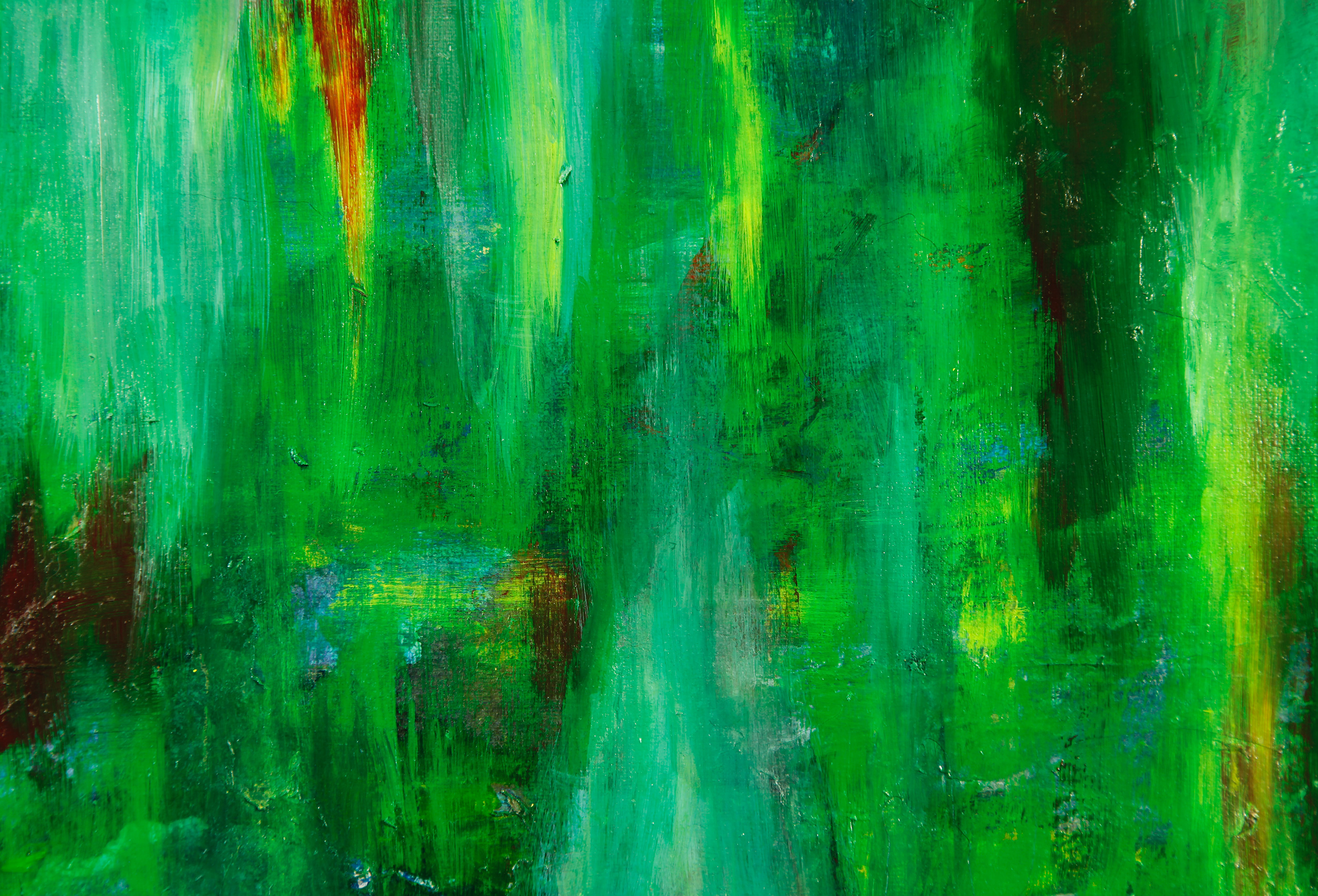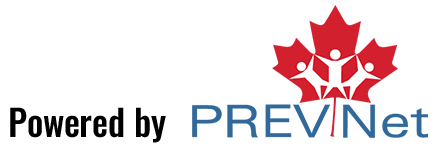PREVNet is located at Queen’s University, situated on traditional Anishinaabe and Haudenosaunee Territory. As settlers, we are grateful for the opportunity to meet, work, and play here, and we thank the generations of Indigenous peoples who have taken care of this land since time immemorial. We also acknowledge Canada’s settler-colonial roots and history of genocide against Indigenous peoples. As a settler organization, we are committed to advancing reconciliation through our work.
June 21 is National Indigenous Peoples Day, a day to recognize and celebrate the unique heritage, diverse cultures, and outstanding contributions of First Nations, Inuit and Métis peoples. Many Indigenous communities have celebrated the summer solstice and their culture and heritage at this time of year for millennia. While Indigenous groups each have their own heritage, language, cultural practices, and spiritual beliefs, National Indigenous Peoples Day allows the nation to recognize the importance of all Indigenous communities and celebrate Indigenous people as a whole. On this day, we offer gratitude, respect, and appreciation for all Indigenous communities.
The day is also a time to recognize “Canada’s colonial history, the contemporary issues and realities of Indigenous Peoples, and Indigenous futurism.” We encourage all settler Canadians to make it a priority to understand and embrace Indigenous history and to listen, to learn, and to act to ensure the rights and sovereignty of Indigenous peoples are fully recognized and implemented. Here are some resources to help commemorate National Indigenous Peoples Day:
PREVNet Resources
- Incorporating Indigenous Culture, Ceremony and Traditions
- This resource provides suggestions for integrating Indigenous ways of knowing in dating violence curriculum and programming. These suggestions are invitations to learn, listen, connect, and create opportunities.
- Incorporating Indigenous Ways of Knowing within Curriculum and Programming
- This resource identifies nine themes to use as starting points for incorporating Indigenous ways of knowing into your curriculum and programming.
- Indigenous Evaluation Methodologies
- Research methodologies in Canada have a long history of being rooted in Eurocentric/colonial ways of knowing, being, and doing. As a result, they tend to produce knowledge that is dismissive of alternative worldviews. This document discusses Indigenous methodologies, an alternative way to think about the process of research and what constitutes knowledge.
- Webinar – Determinants of Indigenous People’s Health
- In this recorded presentation, Shelley Cardinal (Director, Indigenous Relations, Red Cross Canada) shares learnings on the determinants of Indigenous Peoples’ health and how this can be applied to your own program or research delivery.
- Webinar – Community Journey of Change through Relational Determinants of Health
- In this webinar, Shelley Cardinal presents “Community Journey of Change through Relational Determinants of Health.” (Presented by Shelley Cardinal, Red Cross Canada, and Debra Pepler, Distinguished Research Professor of Psychology, York University)
- Webinar – Visioning the Future: First Nations, Inuit, and Métis Population Health and Public Health
- In this webinar, Shelley Cardinal discusses “Visioning the Future: First Nations, Inuit, & Métis Population and Public Health”, a collaborative report by the National Collaborating Centre for Indigenous Health (NCCIH), offering a vision for First Nations, Inuit, and Métis Peoples’ public health.
Additional Resources
- Review the Truth and Reconciliation Commission of Canada Calls to Action. Spirit Bear’s Guideto the Truth and Reconciliation Commission of Canada Calls to Action offers an easy-to-understand option for children.
- If you’re non-Indigenous, learn more about whose land you’re on. You can learn about Indigenous Nations, territories, and Indigenous communities with websites such as Whose Land and Native Land.
- Many Indigenous languages are spoken in Canada. Resources such as YouTube and Duolingo can help you learn a few words and phrases (or more!) in a new language.
- Read a book by an Indigenous author. Megan Tipler has created an Indigenous Texts document of books for youth, the CBC created a list of 35 Books to Read for National Indigenous History Month, and Crown-Indigenous Relations and Northern Affairs Canada has a Reading List. Additionally, lists of book recommendations can be found by using #IndigenousReads, #ReadIndigenous, and Reading for Reconciliation on social media and search engines.
- The University of Alberta offers Indigenous Canada courses online, some of which are free!
- Check out these “Rule of Law” learning resources from Dr. Cindy Blackstock, Professor of Social Work at McGill University.
PREVNet’s Community of Practice to Address Youth Dating Violence
PREVNet’s Community of Practice to Address Youth Dating Violence brings together researchers and national organizations to build research capacity, assess youth dating violence problems and promote evidence-based programs and effective policies across Canada to address and reduce youth dating violence. On National Indigenous Peoples Day, PREVNet celebrates the Indigenous people in our network, including these Community of Practice members offering Indigenous programming for youth.
- Ndinawe connects Indigenous youth with the shelter, culture, recreation, education, & support they need. As part of our Community of Practice, their Ode Zhigo Ode (Heart to Heart) project is developing youth dating violence prevention curriculum and programming from an Indigenous lens.
- The Liard Aboriginal Women’s Society is a community-based organization serving Yukon and Northern BC. As part of our Community of Practice, their Youth for Dignity in Relationships project aims to address gender-based and relationship violence among youth.
- Ka Ni Kanichihk provides education, support, and mentorship to Winnipeg’s Indigenous communities. As part of our Community of Practice, they are developing a curriculum aimed at preventing youth dating violence with Indigenous youth populations in Winnipeg.



